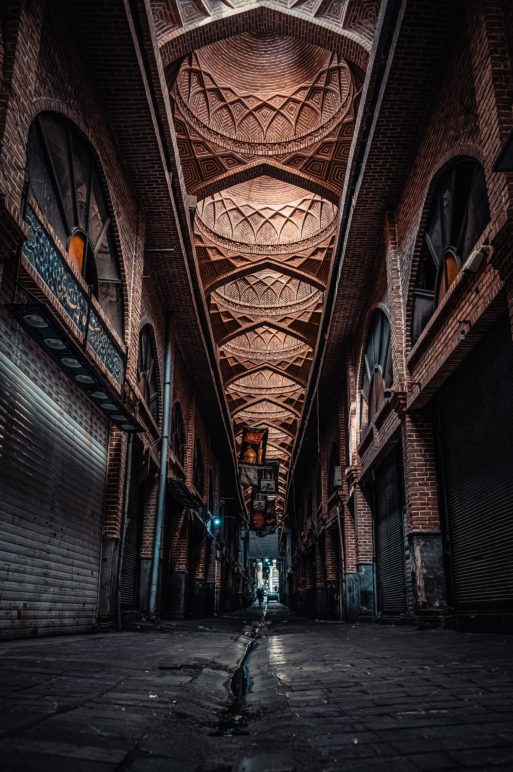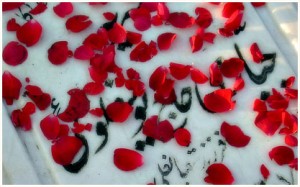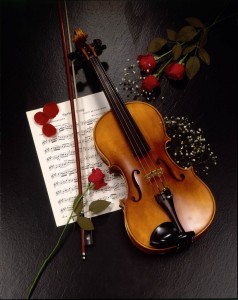
As an Iranian-American, I spent the first five years of my life in Tehran before moving permanently to the US. I have experienced both the traditional Islamic Iranian funeral in Iran and the contemporary ceremony in America. Despite the fact that both ceremonies are rooted in the same culture, my perception of each was completely different from the other. I’d like to give you a look into the loving culture of Iran and a few of the lasting traditions that are practiced when honoring the passing of a loved one.
About ten years ago, I experienced the tragic passing of my dear uncle, who was very close to me and my family. It was imperative to my family and me that we honored his passing with traditions that felt right to us. I remember the room being filled with beautiful flowers of various colors. Traditionally, rose water is sprinkled around. We had rose water sprinkled around a picture of my uncle, which was then surrounded by tasteful floral arrangements and placed in the front of the room.
Our guests at the memorial were served dinner, followed by tea, fruits, and halvah (a dessert made of dates). It is customary that guests who are closest to the person who died wear all black attire to the ceremony. Immediate family members wear black for up to 40 days. Small prayer books (Quran) are supplied to guests to read and participate in certain relevant verses. Traditionally, Allah is praised and worshiped throughout the ceremony. One of the most common prayers is see-pareh (30 pieces) and it contains verses from Quran relevant to the occasion and specific to the end-of-life process. Since my family is much more cultural in their practices than religious, this segment of the ceremony was substituted with music and remembrance of his life through the sharing of memories, rather than prayer.
Persian Classical Music is an essential part of both our culture and many of our contemporary Iranian ceremonies. Many families play well-known classical repertoire by artists such as Dariush or Vigen, which is often in minor. For his ceremony, we had a selection of his favorite pieces by one of his favorite artists, Daruish. In addition, I performed Mara Beboos by Vigen on my violin.
At most Iranian memorial services, a mullah is present and speaks on behalf of the family of the person who died; however, their presence is not obligatory for modern Iranians. In our case, the voices of family members and friends served as an alternative to that tradition. This is a new tradition among many modern Iranians who prefer to have friends and relatives talk about and remember the beloved. The memorial, which is known as ‘Khatm,’ usually lasts for a couple of hours. Relatives and close friends will stay with the immediate family for several hours after the memorial is over. It is a time of closeness, remembrance, and unity. In my perspective, the loving Iranian culture is truly portrayed during these difficult times and loved ones are brought closer together through the experience. Today, one of my most soothing memories of my uncle is the beautiful ceremony that we had in his honor.

 A Glimpse into Contemporary Iranian Passing
A Glimpse into Contemporary Iranian Passing




 Recovering Cremation Remains After the Los Angeles Fires
Recovering Cremation Remains After the Los Angeles Fires
 “As Tears Go By” by Marianne Faithfull
“As Tears Go By” by Marianne Faithfull
 “The Sea” by John Banville
“The Sea” by John Banville














